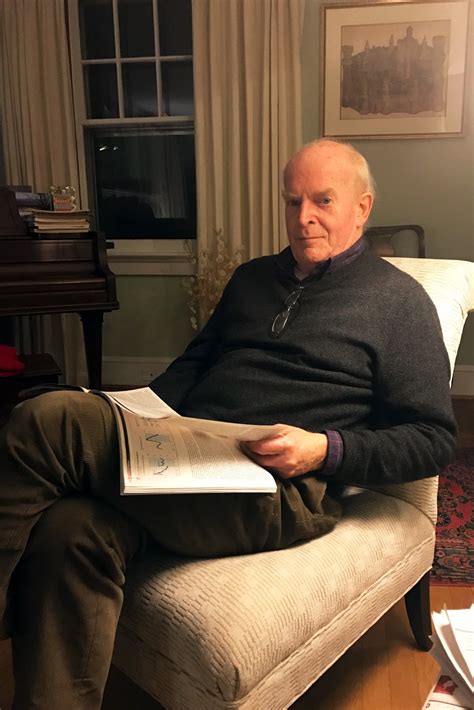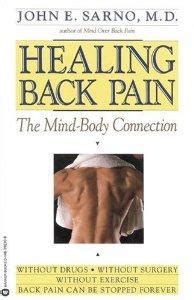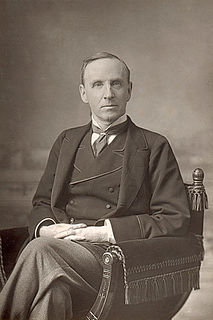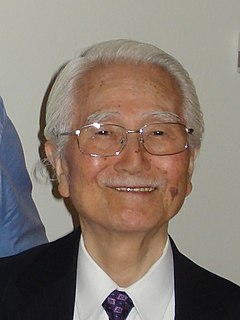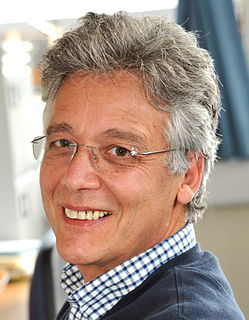A Quote by John Cornwell
Research shows that if patients believe they are taking the real drug, they are more confident of improving and, so, improve even if they are actually on the placebo. Conversely, if they suspect they are taking the placebo, their expectancy of improvement declines, and so does their improvement.
Related Quotes
Treating only terminal cancer patients, the Rand (anti-cancer) vaccine produced objective improvement in 35% of 600 patients while another 30% demonstrated subjective improvement. FDA stopped the vaccine's use in a federal court hearing where neither the cancer patients nor their doctors were allowed to testify.
I believe that Judaism was an improvement on polytheism; Christianity was an improvement on Judaism (to some degree and in some departments only); that Protestantism is an improvement on Catholicism; that Mormonism is an improvement on Protestantism. So I give Joseph Smith credit as an innovator and as a smart fellow.
Consider the clinicaltrials by which drugs are tested in human subjects.5 Before a new drug can enter the market, its manufacturer must sponsor clinicaltrials to show the Food and Drug Administration that the drug is safe and effective, usually as compared with a placebo or dummy pill. The results of all the trials (there may be many) are submitted to the FDA, and if one or two trials are positive—that is, they show effectiveness without serious risk—the drug is usually approved, even if all the other trials are negative.
A robust internal auditing program shows its presence both at the beginning and end of continual improvement projects. In the beginning, internal audits identify opportunities for improvement, at the end, internal audits provide a mechanism for monitoring the implemented improvement in order to sustain its benefits for the long term.
When you improve a little each day, eventually big things occur. When you improve conditioning a little each day, eventually you have a big improvement in conditioning. Not tomorrow, not the next day, but eventually a big gain is made. Don't look for the big, quick improvement. Seek the small improvement one day at a time. That's the only way it happens - and when it happens, it lasts.
It is impossible to improve any process until it is standardized. If the process is shifting from here to there, then any improvement will just be one more variation that is occasionally used and mostly ignored. One must standardize, and thus stabilize the process, before continuous improvement can be made.
